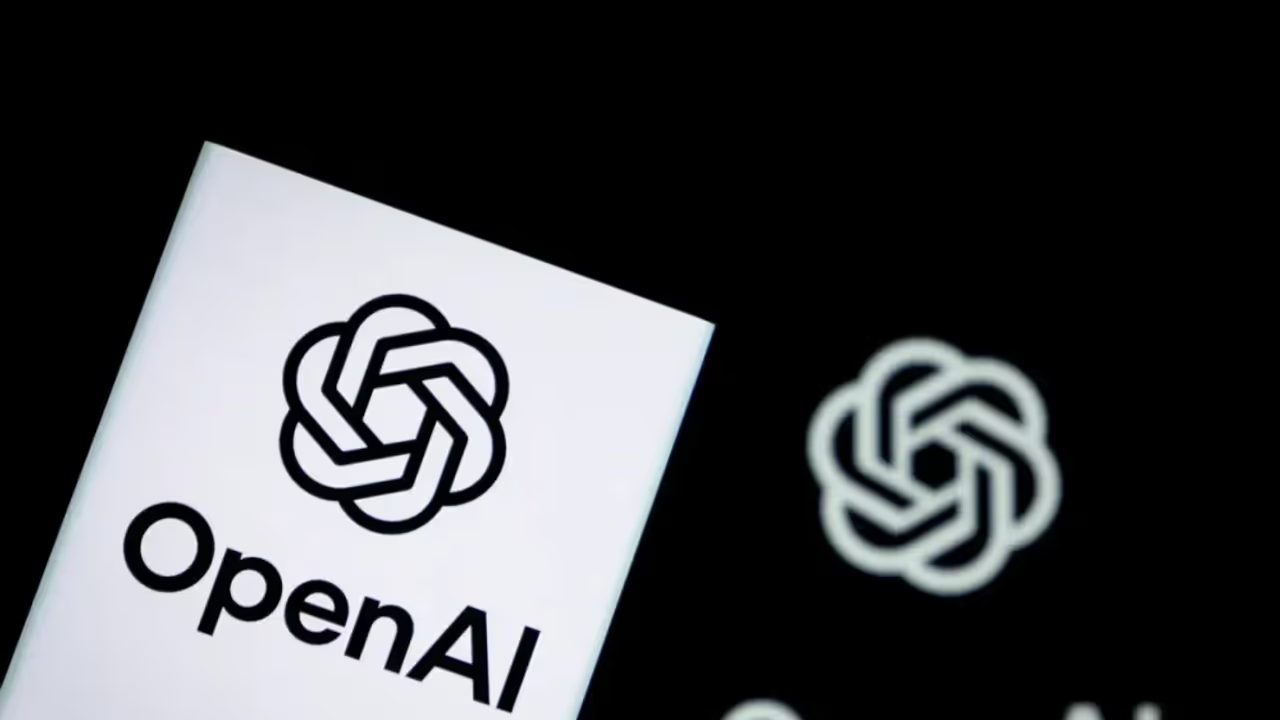The AI heavyweight is pushing for a plan to restructure, moving its core business to a for-profit entity. It later floated the idea for a Public Benefit Corp.
An independent commission set up by OpenAI to advise it on its corporate structure and societal impact recommended that the AI company continue to be controlled by a nonprofit business.

"Artificial intelligence is too consequential to be governed solely by the private sector or by any single sector at all," the group said in its submission, republished by OpenAI (OPENAI) on Thursday.
"OpenAI's nonprofit is a rare and meaningful public asset as the only major AI entity structurally accountable to the Attorneys General of California and Delaware. That tether shouldn't be seen as a constraint; it is what gives democratic oversight force and credibility."
The commission believes communities already experiencing the effects of AI should have a say in how these technologies are built, especially in how data about them is used. Yet today, most people have little power to influence the companies driving that development.
While non-binding, the commission's recommendations could intensify resistance to OpenAI's proposed governance overhaul, a plan the company first outlined late last year.
According to OpenAI, the commission was convened by the company in April to support "an engagement process to gather learnings and feedback from a wide range of stakeholders on how OpenAI's philanthropy can address long-term systemic issues" and provide recommendations.
Its five members include Daniel Zingale, a former adviser to three California governors, labor and civil rights activist Dolores Huerta, and Media and education leader Monica Lozano.
OpenAI was founded in 2015 as a nonprofit research firm and has since incorporated a for-profit company, whose valuation has now soared to $300 billion.
Last year, the company announced that it was restructuring its core business into a for-profit benefit corporation, which its nonprofit board would no longer control.
The plan faced resistance, including scrutiny by attorneys general in California and Delaware, as well as a lawsuit by Elon Musk, an early donor to OpenAI.
In May, OpenAI adjusted its plan and announced that its existing for-profit company would be transformed into a Public Benefit Corporation, an entity legally required to consider the impact of its decisions on society, not just shareholders, in addition to pursuing profit.
Its nonprofit will hold shares in that new corporation, but OpenAI did not say how much.
For updates and corrections, email newsroom[at]stocktwits[dot]com.<
